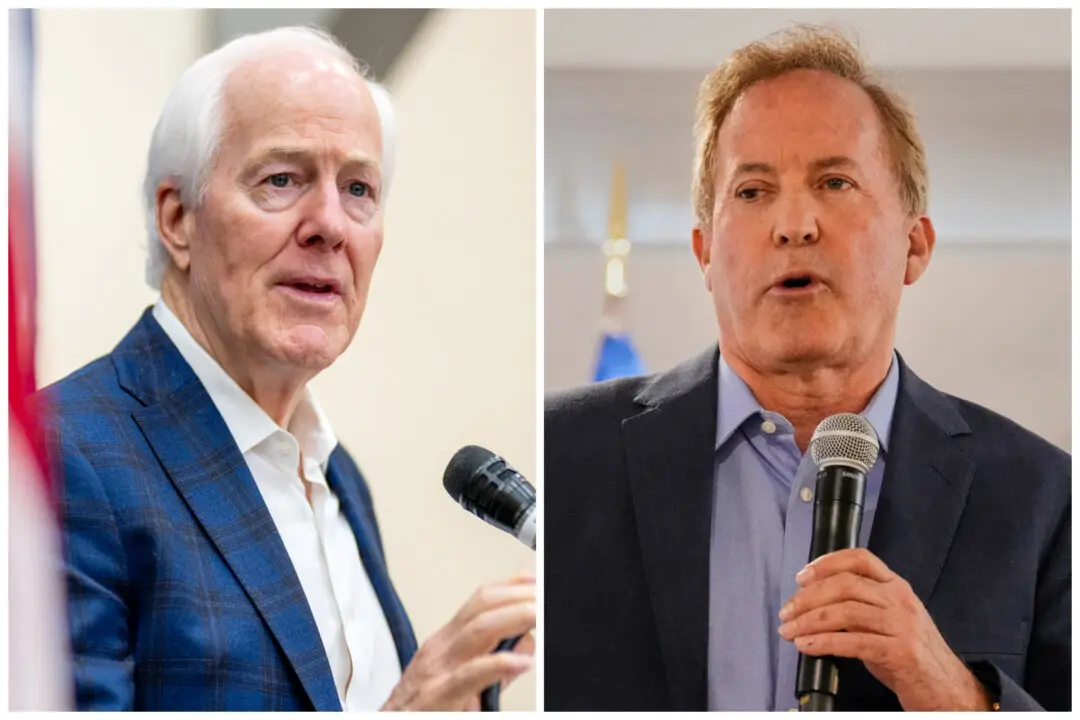A year and five months since Americans were told they had “two weeks to flatten the curve,” the ongoing COVID-19 pandemic, caused by the CCP (Chinese Communist Party) virus, has had many long-range effects, many of which are still poorly understood.
One such effect is the environmental pollution caused by protective masks, which have been recommended by the Centers for Disease Control (CDC) and other public health agencies at various times to various groups.





